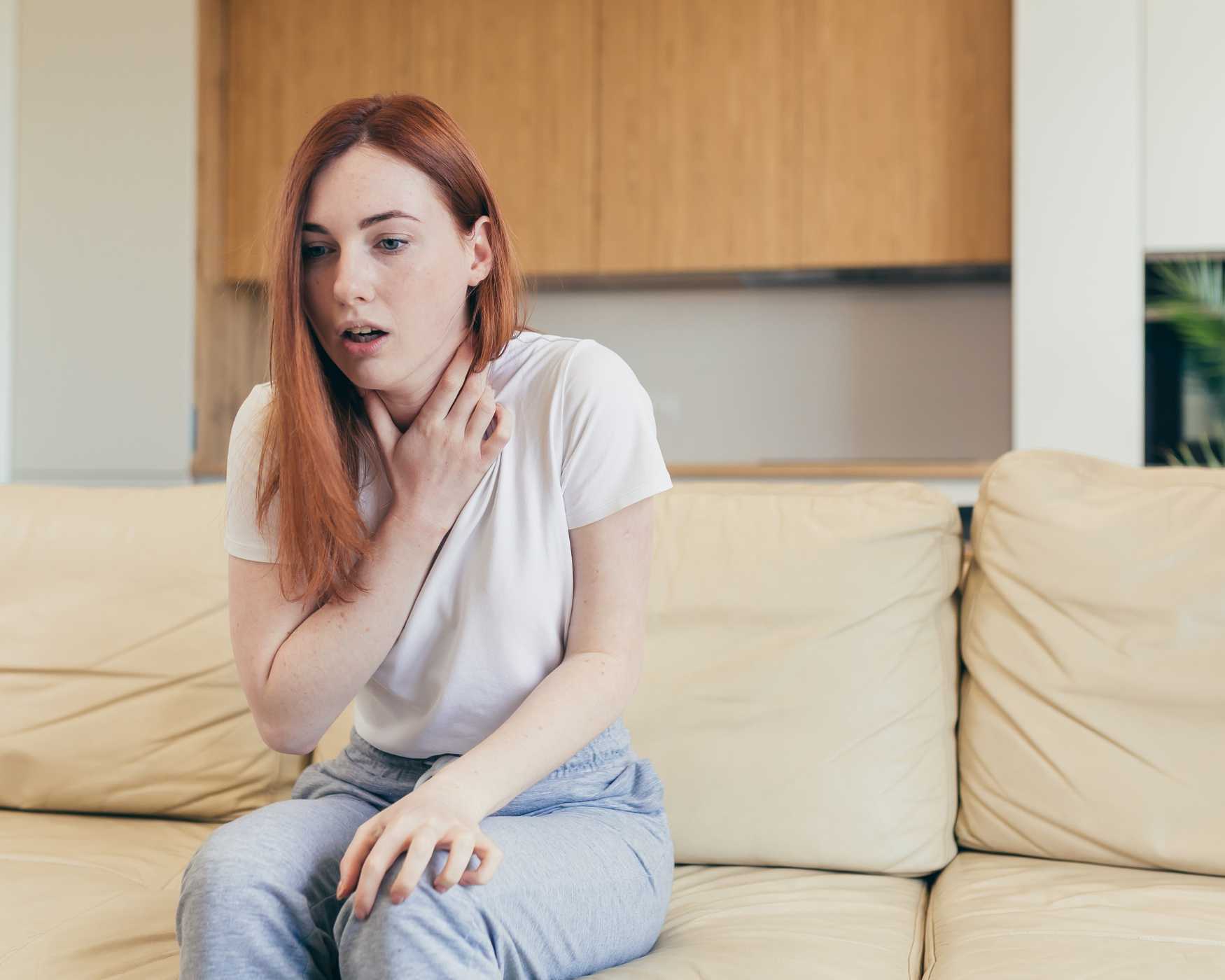Mental disorders are complex, and both the diagnosis and treatment can be complicated. Mental illness affects millions of people around the world and is a serious public health issue. It’s important to understand that even though different types of mental health issues exist, they all have one thing in common- stress! Knowing what your source of stress may help you to better manage it.
In this blog post, we will explore two major categories of mental disorders – primary psychiatric illnesses, such as depression or anxiety; and substance use disorder –to give you more insight into how these conditions differ from each other so that you can take steps towards managing your well-being more effectively.
Depression
Depression is a mental disorder that affects a person’s mood, thoughts, and behavior. It is often characterized by persistent feelings of sadness, hopelessness, and worthlessness. Depression can also cause physical symptoms such as changes in appetite, sleep patterns, and energy levels.
Types of Depression
There are several types of depression, including major depressive disorder, persistent depressive disorder, and seasonal affective disorder. Each type may have different triggers and symptoms, but all share the common experience of intense and persistent negative emotions.
Symptoms
- Persistent feelings of sadness, hopelessness and worthlessness
- Loss of interest in activities once enjoyed
- Changes in appetite or weight
- Difficulty sleeping or oversleeping
- Lack of energy or motivation
- Physical symptoms such as headaches, stomach aches, or body pains without a clear physical cause.
Causes
- Genetics
- Trauma or stressful life events
- Chemical imbalances in the brain
- Certain medications or medical conditions
- Substance abuse
Treatment
Treatment for depression often includes a combination of medication, therapy, and lifestyle changes. Antidepressants can help to regulate brain chemicals that affect mood, while therapy can provide coping mechanisms and support. Healthy habits such as regular exercise, a balanced diet, and adequate sleep can also improve symptoms of depression.
How to cope up with depression
If you or a loved one is experiencing symptoms of depression, it’s important to seek help from a mental health professional. In addition to seeking treatment, there are also some things you can do on your own to manage depression. These may include practicing self-care and mindfulness techniques, building a support system, setting realistic goals, and avoiding drugs and alcohol.
Seek Professional Help
Remember, seeking help is not a sign of weakness but rather a courageous step towards better mental health. Talking to a therapist or psychiatrist can provide valuable insight and support in managing depression. If you know someone who is suffering from this so seek help from the best psychiatrist in Lahore.
Anxiety
Anxiety is a mental disorder characterized by persistent and excessive worry or fear. It can manifest in different ways, such as panic attacks, social anxiety, or phobias. Anxiety can also have physical symptoms such as rapid heart rate, shortness of breath, sweating, and trembling.
Types of Anxiety
There are several types of anxiety disorders including generalized anxiety disorder, panic disorder, and specific phobias. Each type may have different triggers and symptoms but all share the overwhelming feeling of fear or worry.
Symptoms
- Excessive worrying or fear
- Restlessness or difficulty concentrating
- Irritability or agitation
- Muscle tension
- Sleep disturbances
Causes
- Genetics
- Brain chemistry imbalances
- Trauma or stressful life events
- Chronic stress
Treatment
Treatment for anxiety may include medication, therapy, and lifestyle changes. Antidepressants and anti-anxiety medications can help to regulate brain chemicals that contribute to anxiety. Therapy can also provide tools and coping mechanisms for managing symptoms. Lifestyle changes such as regular exercise, a healthy diet, and relaxation techniques can also be beneficial.
How to cope up with anxiety
If you or someone you know is experiencing symptoms of anxiety, it’s important to seek help from a mental health professional. In addition to seeking treatment, there are also some things you can do on your own to manage anxiety. These may include practicing self-care and relaxation techniques, building a strong support system, setting realistic goals, and avoiding alcohol and drugs.
Seek Professional Help
Just like with depression, seeking help for anxiety is not a sign of weakness. It takes courage to recognize that you need support and seek treatment. A therapist or psychiatrist can provide valuable guidance and support in managing anxiety. For the best treatment options in Lahore, consult with a qualified psychiatrist who can help you develop an individualized treatment plan.
Conclusion
Mental disorders can have a significant impact on one’s life, but with the right treatment and support, it is possible to manage and improve symptoms. Whether you are struggling with depression or anxiety, know that you are not alone and help is available. By understanding these two major categories of mental disorders and taking proactive steps towards managing your well-being, you can lead a happier and healthier life.
Remember to seek professional help and never be afraid to ask for support from your loved ones. With the right resources and support, you can overcome these challenges and live a fulfilling life. Here’s to taking care of our mental health! So, let’s break the stigma surrounding mental health and prioritize our well-being. Stay strong, stay healthy!










